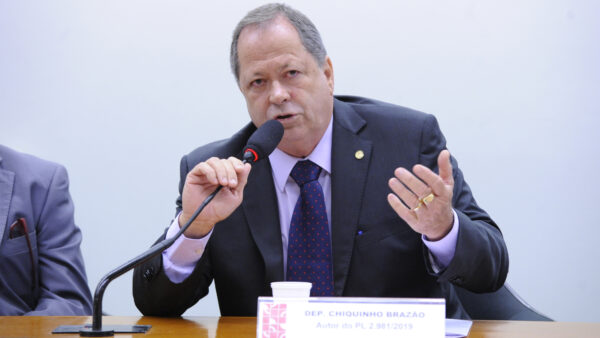The Brazilian Intelligence Agency (Abin) was one of the government bodies that received the most attention from President Jair Bolsonaro during his four-year term. Operating under the presidency’s Institutional Security Office (GSI), Abin can collect strategic information outside of the reach of other agencies.
Since Mr. Bolsonaro took office in January 2019, both bodies have been under the control of people close to the president and his family. GSI is led by retired General Augusto Heleno, one of Mr. Bolsonaro’s most-trusted advisors. Abin was headed by Alexandre Ramagem, a friend of the president’s political sons, who resigned to run for Congress, leaving one of his deputies as his replacement.
And while President-elect Luiz Inácio Lula da Silva is set to make wholesale changes at the top levels of these agencies once he is sworn in on January 1, the departing Mr. Bolsonaro is seeking to make last-minute appointments of allies to make his adversary’s job that little bit harder.
Without fanfare, Lidiane Souza dos Santos was brought in for a two-year term leading Abin’s internal affairs department. Ms. Santos has been with Abin for 13 years, although her career progression made huge leaps under the Bolsonaro government. After years in low-level positions, she has seen promotions to advisor, ombudsman, and now head of internal affairs in the space of just two years.
Ms. Santos, however, is on maternity leave and will only be able to take office in January, when the Lula government will already be in place.
Civil servants working at Abin told The Brazilian Report, under the condition of anonymity to avoid retaliation, that the department is crucial to the inner workings of the agency and can be a nuisance to Lula-appointed directors if that is the direction Ms. Santos chooses to take.
Choosing Abin’s leadership is set to be a thorny issue for Lula. The Bolsonaro government brought the military closer to power than ever before in democratic Brazilian history, and the president-elect is keen not to make enemies out of the Armed Forces by scrapping all of their newly gained positions of influence.
Lula’s transition team has received two suggestions for potential high-ranking posts at Abin: Victor Carneiro and Edgar Dias. Both are well liked among the military and the current Abin structure, and their appointments are being sold as something of an olive branch from Lula to the Armed Forces.
Both men, however, have links to Bolsonarism. Mr. Carneiro has served as Abin deputy director since April, while Mr. Dias is a special advisor to the president’s office. Framed as a way to reach a compromise between Lula and the military, their potential appointments could serve as a way for Mr. Bolsonaro to retain influence over Abin.
Earlier this year, a former Abin agent admitted to have been told to gather information about a Federal Police probe on Jair Renan Bolsonaro — the president’s fourth-eldest son, who faced influence-peddling allegations. According to the Feds, Abin disrupted the investigation.
The intelligence agency was called upon to produce evidence helping Senator Flávio Bolsonaro to fend off money-laundering accusations. It produced two reports with the aim of helping the senator from Rio de Janeiro. Jair Bolsonaro signed a decree in 2020 extending the powers of Abin, though its effects would later be limited by the Supreme Court.
Keeping it in the family?
Abin has not been the only government agency to see last-minute pro-Bolsonaro appointments shortly before the end of this administration.
On Tuesday, the outgoing president appointed nine new members to the National Education Board — including Elizabeth Guedes, head of a private universities association and the sister of Economy Minister Paulo Guedes.
Members of the National Education Board serve four-year terms, during which time they evaluate the Education Ministry’s policies and work with the cabinet department on tasks such as developing curricula or drafting guidelines.


 Search
Search











































